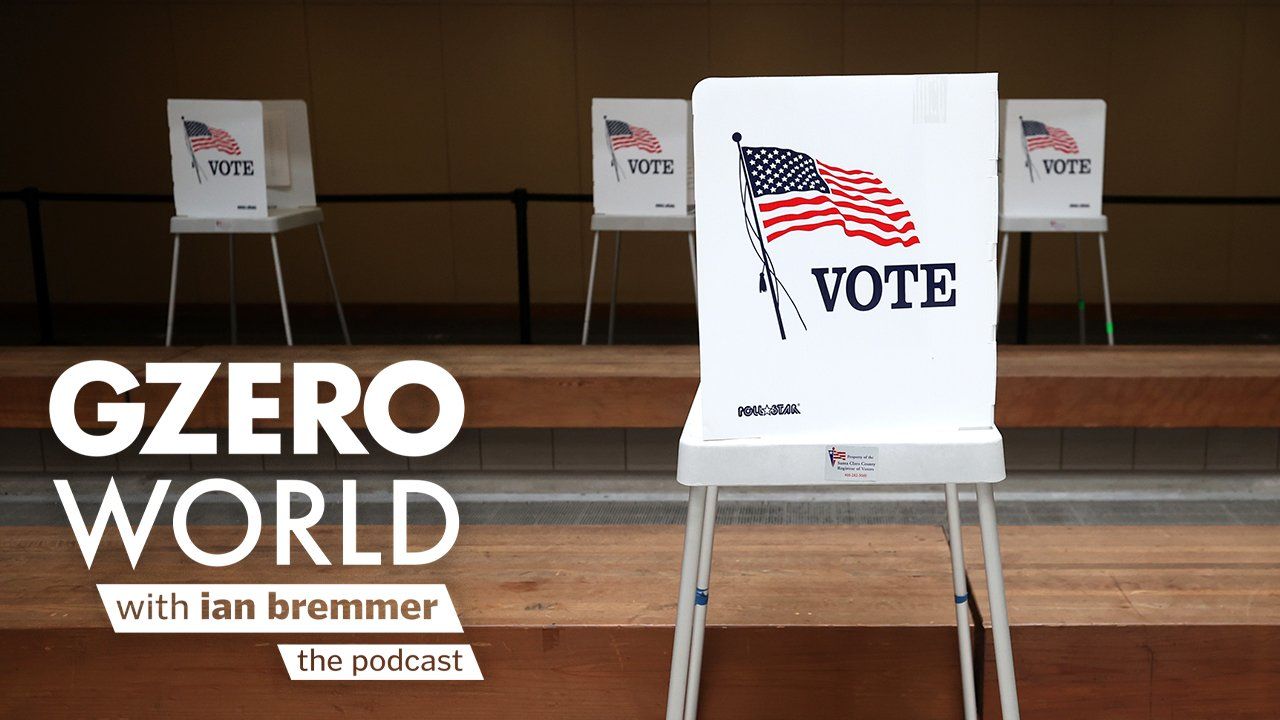Listen: On the GZERO World Podcast, Ian Bremmer sits down with author and historian Timothy Snyder to discuss the importance of freedom in the final stretch of one of the closest and most contentious presidential races in modern history. Snyder uses his new book, “On Freedom,” to discuss the many ways freedom has been used and, often, misused in politics and society.
Snyder suggests we expand our understanding of freedom to incorporate the notion of freedom "to" rather than just freedom "from." Freedom, he says, is about envisioning a better future rather than just protecting oneself from an outside threat. It's the freedom "to" have healthcare or to love whom you love rather than just the freedom "from" oppression or prejudice.
Snyder also delves into the critical role that newspapers and the press play in talking about freedom. Amid the rising tide of misinformation, Snyder warns that “if we...have different facts, we're not going to end up in a free world because whoever has the most power over fantasy is going to end up deciding things.”
Snyder concludes by discussing how freedom can be applied more globally. In exploring different interpretations of freedom, he highlights Ukraine’s view of freedom as an ongoing journey. Freedom, he says, is the means to a better life rather than the end goal.
Subscribe to the GZERO World Podcast on Apple Podcasts, Spotify, Stitcher, or your preferred podcast platform, to receive new episodes as soon as they're published.
